Semiconductor firms to get 50 per cent aid: PM Modi
Sat 29 Jul 2023, 10:40:17
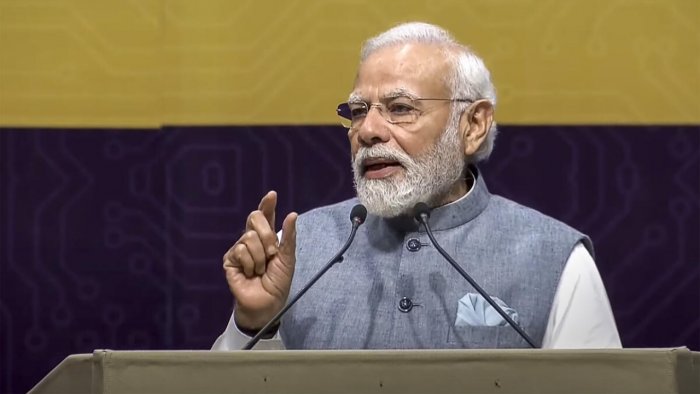
New Delhi: In a bid to boost investment in the technology space in India, Prime Minister Narendra Modi on Friday said that technology firms will be given 50 per cent financial assistance for setting up semiconductor manufacturing facilities in the country. Announcing the government's plans to build a vibrant semiconductor ecosystem in the country, the PM said, "India is becoming a grand conductor for investments in the semiconductor sector".
Addressing the Semicon India 2023 conference in Gandhinagar, Gujarat, the Prime Minister said that the country is witnessing exponential growth in the digital sector and electronics manufacturing. "Some years ago, India was an emerging player. Today, our share has increased manifold. In 2014, India’s electronics production was less than $30 billion. Today it has crossed $100 billion," he said.
Focusing on chipmaking as the top priority of his economic policy, Modi said India wants to become a trusted partner for the semiconductor industry and a chipmaker for the world as global companies, including Foxconn, announced investment plans. "To expedite the growth of the semiconductor sector in the country, we are continuously undertaking policy reforms. India is establishing an entire ecosystem for the semiconductor industry to grow in the country," the Prime Minister said.
Modi further said that India understands its global responsibilities and is working on a comprehensive roadmap with friendly countries. "That’s why India is building a vibrant semiconductor ecosystem. Recently, the National Quantum Mission was approved. Furthermore, the National Research Foundation Bill is also going to be introduced in Parliament. The engineering curriculum to create a semiconductor ecosystem is being revamped," he said.
"We were offering incentives as part of the Semicon India programme. It has been increased, and now technology firms will get 50 per cent financial assistance to set up semiconductor manufacturing facilities in India. The semiconductor industry will witness exponential growth in India.
A year ago, people used to ask why they should invest in the Indian semiconductor sector. Now, after one year, they ask, why not invest in India?"
he said, adding that India is becoming a grand conductor for investments in the semiconductor sector.
he said, adding that India is becoming a grand conductor for investments in the semiconductor sector.
At the event, the Prime Minister said that more than 300 prominent colleges in the country have been identified where courses on semiconductor design will be started. "The chips to startups programme will help engineers. It is expected that in the next five years, we will have more than 1 lakh design engineers. India's continuously growing startup ecosystem will also provide strength to the semiconductor sector," he said.
Addressing the conference, Modi also said that in 2014 India’s electronics production was less than $30 billion, but today, it has crossed $100 billion. "Within the past two years, India’s electronic exports have risen more than twice. Mobile phone exports from India have also doubled. The country that once was an importer of mobile phones is now making one of the best mobile phones in the world and exporting them," he added.
American chipmaker Micron, which had announced its decision to set up a semiconductor assembly and test plant in Gujarat during the Prime Minister’s state visit to the United States in June this year, reaffirmed its commitment to establish India's first semiconductor plant in Gujarat.
Micron’s Gujarat plant will have phased construction and the company plans to invest $825 million over the two phases. The first phase will begin later this year and will be operational in late 2024. It is also expected that it will increase manufacturing over time. The second phase will be of similar scale in the second half of the decade.
Micron president and CEO Sanjay Mehrotra said combined investment by Micron and the Central and state governments over the two phases could reach up to $2.75 billion and a packaging unit in Gujarat will help create about 5,000 jobs in the state.
"The government will help fund the project and facilitate access to essential semiconductor resources. This will then drive innovation and enhance local talent development," Mehrotra said, adding that any chipmaking ventures will help India create jobs for its largely youthful population.
No Comments For This Post, Be first to write a Comment.
Most viewed from National
Most viewed from World
AIMIM News
Latest Urdu News
Most Viewed
May 26, 2020
Can Lionel Messi's visit boost Indian football?
Latest Videos View All
Like Us
Home
About Us
Advertise With Us
All Polls
Epaper Archives
Privacy Policy
Contact Us
Download Etemaad App
© 2026 Etemaad Daily News, All Rights Reserved.




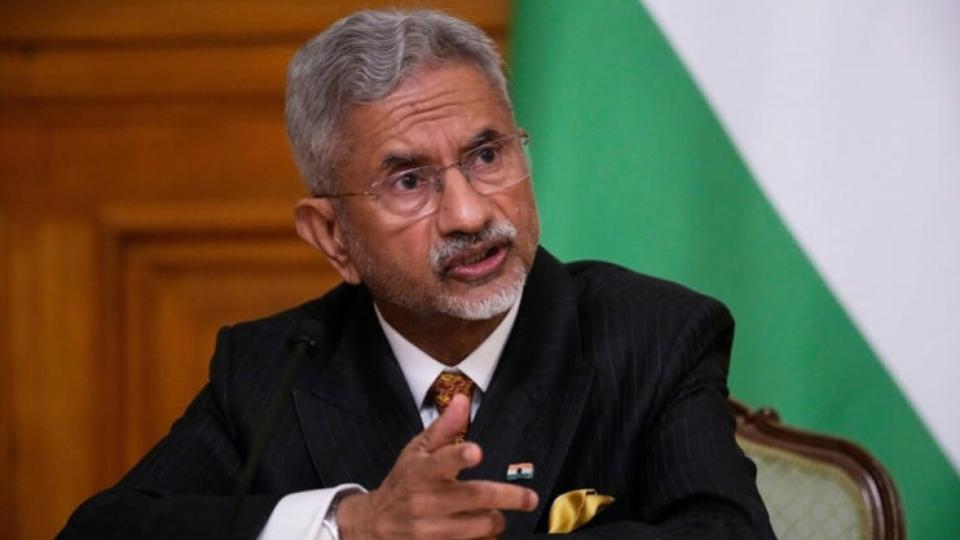






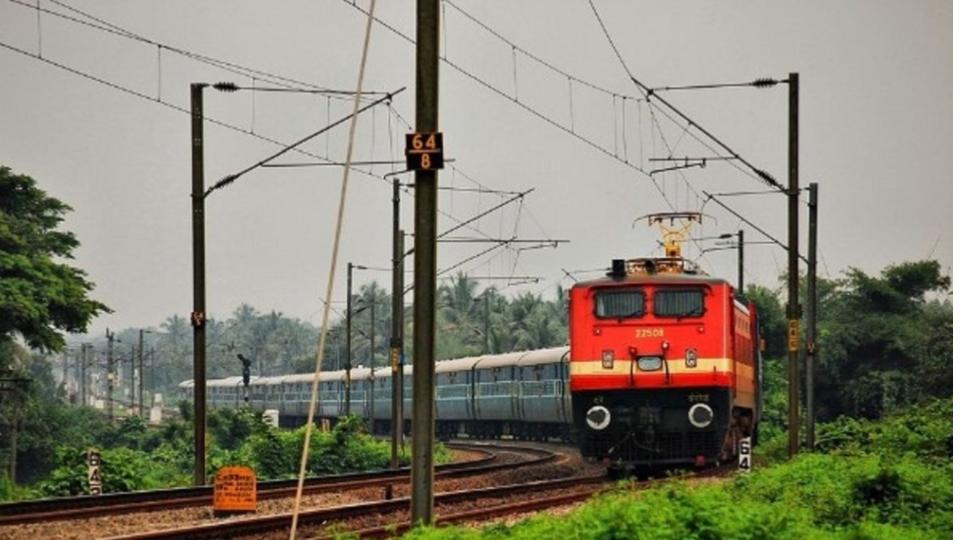



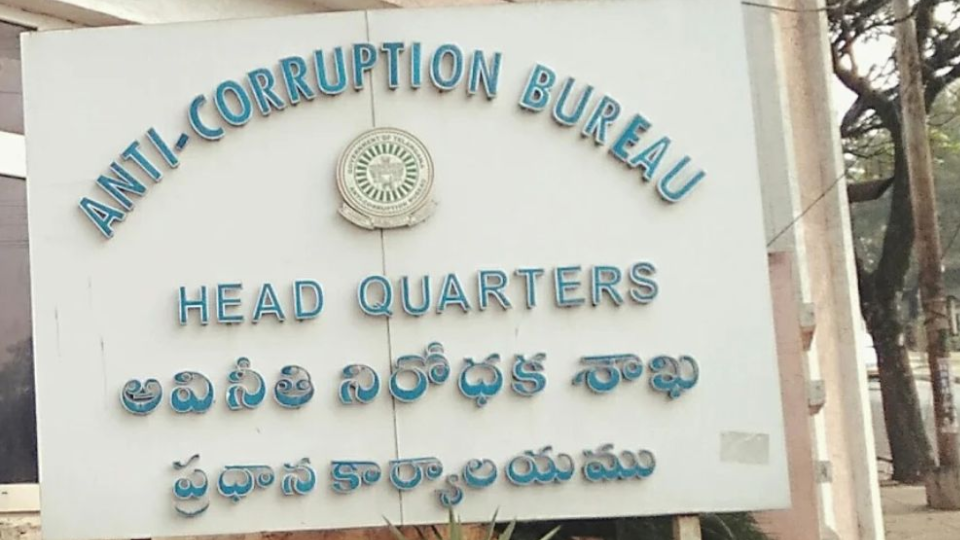


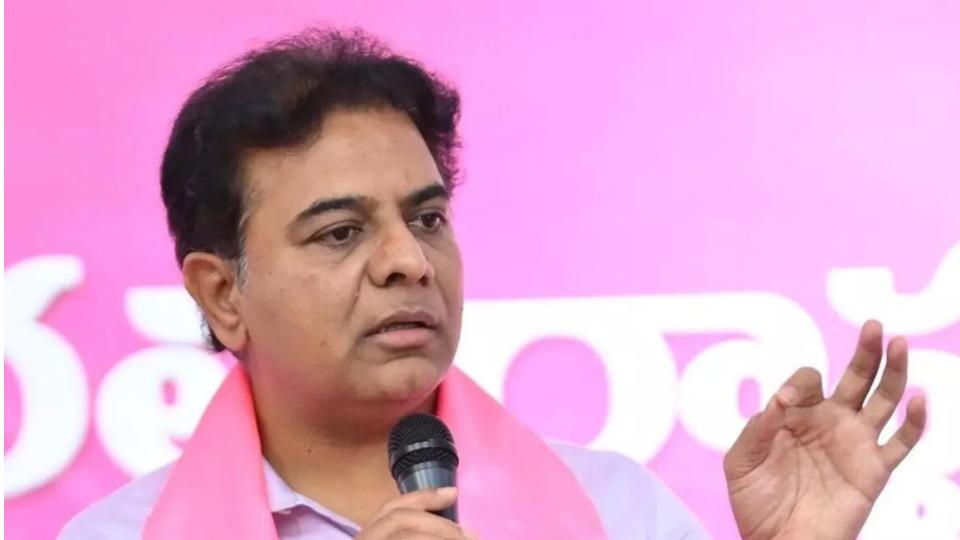

.jpg)



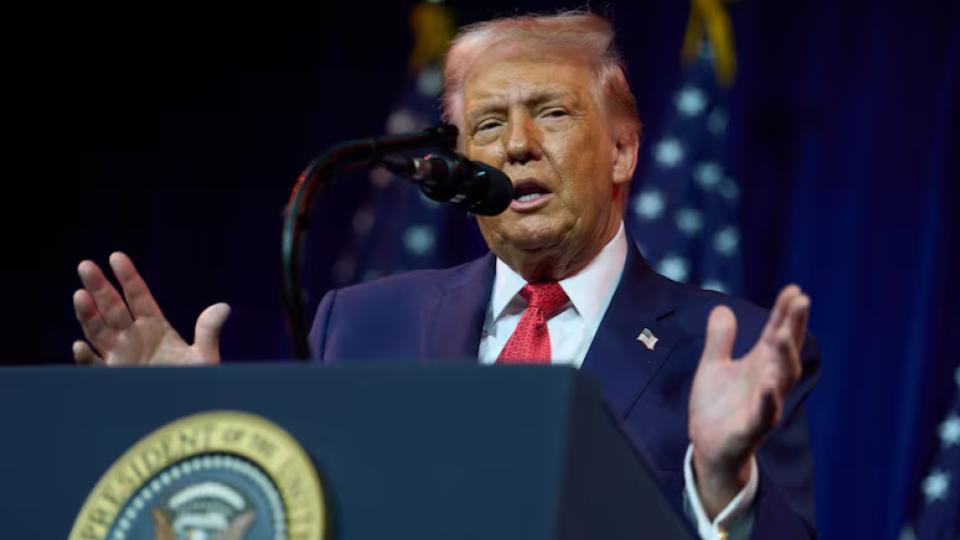












.jpg)
.jpg)
.jpg)


